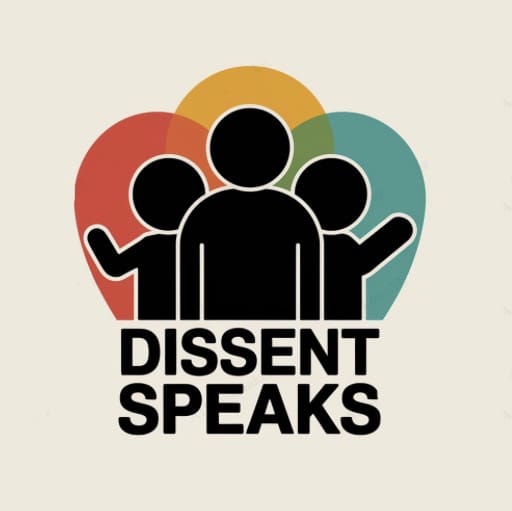The landscape of civil rights in America continues to evolve, with recent developments in Idaho highlighting ongoing debates about marriage equality. This analysis explores the implications of Idaho’s House Joint Memorial 1 (HJM 1) and offers guidance for navigating potential changes in marriage equality protections.
Understanding the Current Situation
On January 27, 2025, Idaho’s House of Representatives passed HJM 1 with a 46-24 vote, formally requesting the Supreme Court to reconsider its landmark 2015 Obergefell v. Hodges decision. While this resolution carries no immediate legal authority, it represents a significant political statement that warrants careful attention.
The vote’s composition tells an important story. Though largely following party lines, some Republican legislators broke ranks, suggesting evolving perspectives even within traditionally conservative circles. This internal division reflects broader societal changes in attitudes toward marriage equality over the past decade.
Immediate Impact and Legal Context
At present, marriage equality remains protected under federal law through the Obergefell decision. However, understanding potential future scenarios helps us prepare for possible changes. If Idaho’s Senate passes HJM 1, several developments could unfold:
First, the resolution could catalyze similar measures in other conservative-leaning states, potentially creating momentum for a coordinated challenge to Obergefell. While the Supreme Court rarely revisits major precedents without compelling new legal arguments, the current political climate makes preparation prudent.
Second, even without immediate legal effect, the resolution’s passage could amplify national debates about states’ rights versus federal protections. This conversation extends beyond marriage equality to touch fundamental questions about civil rights and federal authority.
Preparing for Potential Changes
Understanding the possibility of significant legal changes, different groups can take specific steps to protect their interests:
For LGBTQ+ Individuals and Families:
The most crucial step is documenting and securing existing legal protections. This includes maintaining copies of marriage certificates, adoption papers, and other family-related legal documents. Consider consulting with legal professionals about additional protections, such as powers of attorney and healthcare directives, that can provide security regardless of marriage recognition.
For Employers and Organizations:
Organizations should review and potentially strengthen their non-discrimination policies. Creating inclusive workplace environments and providing comprehensive benefits packages that protect all families becomes increasingly important during periods of legal uncertainty.
For Communities and Allies:
Supporting local LGBTQ+ organizations through volunteering, donations, or advocacy helps build resilience against potential challenges. Engaging in respectful dialogue with those who may not understand the importance of marriage equality can help build broader support for maintaining these protections.
Understanding Broader Implications
If Obergefell were eventually overturned, the implications would extend far beyond marriage certificates. States could regain authority to define marriage, potentially creating a patchwork of laws nationwide. This could affect:
Healthcare Decision-Making: In states that might restrict marriage recognition, same-sex partners could lose automatic next-of-kin status for medical decisions.
Property Rights: Issues surrounding inheritance, joint property ownership, and financial benefits could become complicated in states that don’t recognize same-sex marriages.
Child Custody: Families with adopted children or non-biological parents could face legal challenges in states that restrict marriage recognition.
Economic Impact: States restricting marriage equality might face economic consequences, including reduced tourism and business investment, as companies increasingly prioritize diversity and inclusion.
Taking Action and Moving Forward
While these possibilities may seem daunting, there are constructive ways to respond:
Stay Informed: Follow reputable news sources and LGBTQ+ advocacy organizations for updates on legal developments. Understanding the legal landscape helps in making informed decisions about family protection.
Build Community Networks: Strong local support systems become crucial during times of uncertainty. Consider joining or supporting LGBTQ+ community organizations that can provide resources and advocacy.
Engage in Civic Processes: Participate in local government, contact representatives, and stay involved in community decision-making. Individual voices matter in shaping policy outcomes.
Document and Protect: Maintain thorough records of all legal documents and consider additional legal protections that don’t depend on marriage recognition.
Looking to the Future
While challenges to marriage equality create uncertainty, they also demonstrate the importance of continued advocacy and community support. The path forward requires balancing vigilance with hope, preparation with optimism.
Remember that significant social progress often faces resistance, but this resistance typically represents the challenge of change rather than its prevention. By staying informed, supporting one another, and engaging in constructive dialogue, we can work toward maintaining and strengthening protections for all families.
For those seeking more information or support, consider reaching out to organizations like Lambda Legal, the National LGBTQ Task Force, or local LGBTQ+ community centers. These organizations can provide resources, legal guidance, and community connection during uncertain times.
Through understanding, preparation, and collective action, we can work to ensure that marriage equality remains protected for future generations, regardless of political challenges that may arise.


